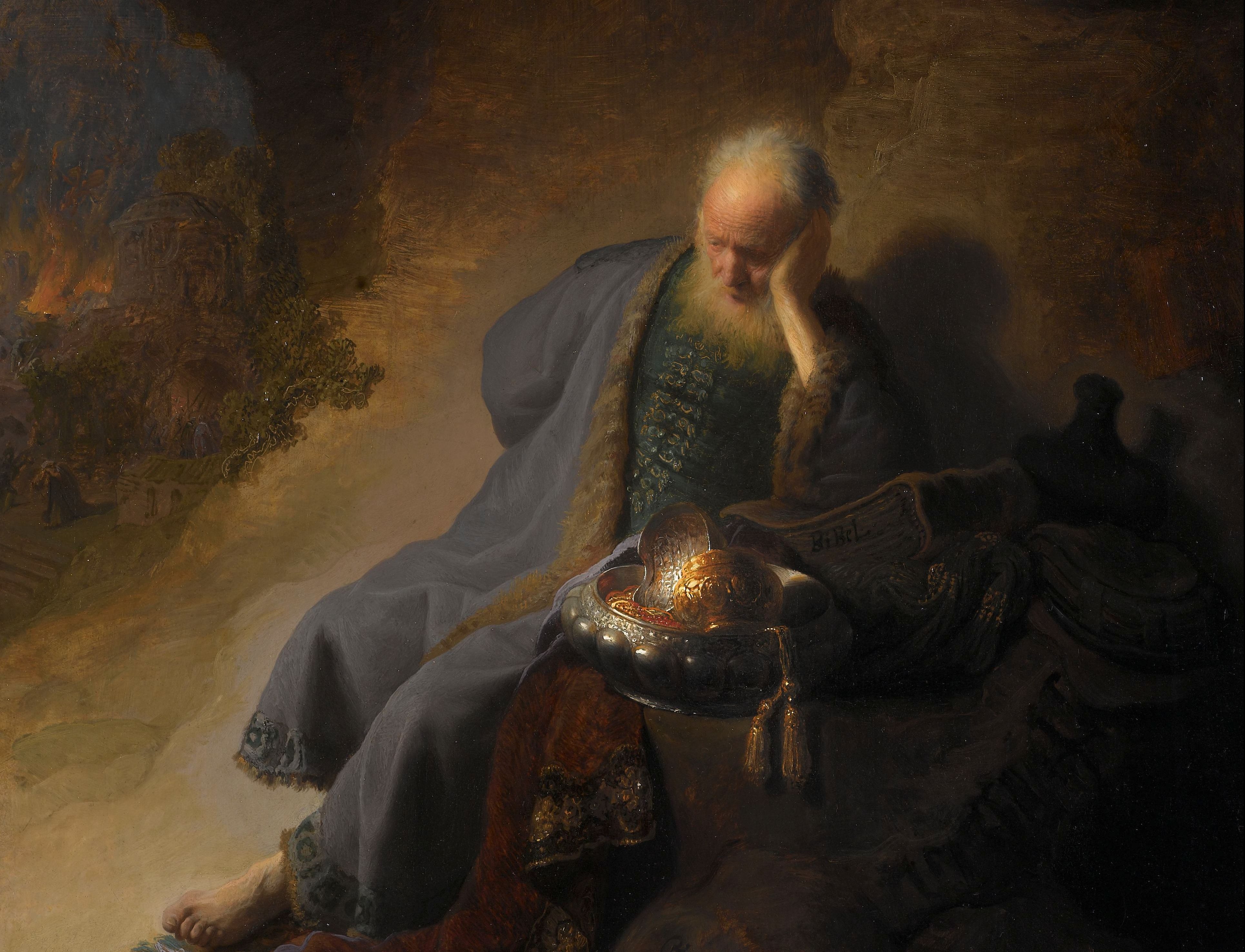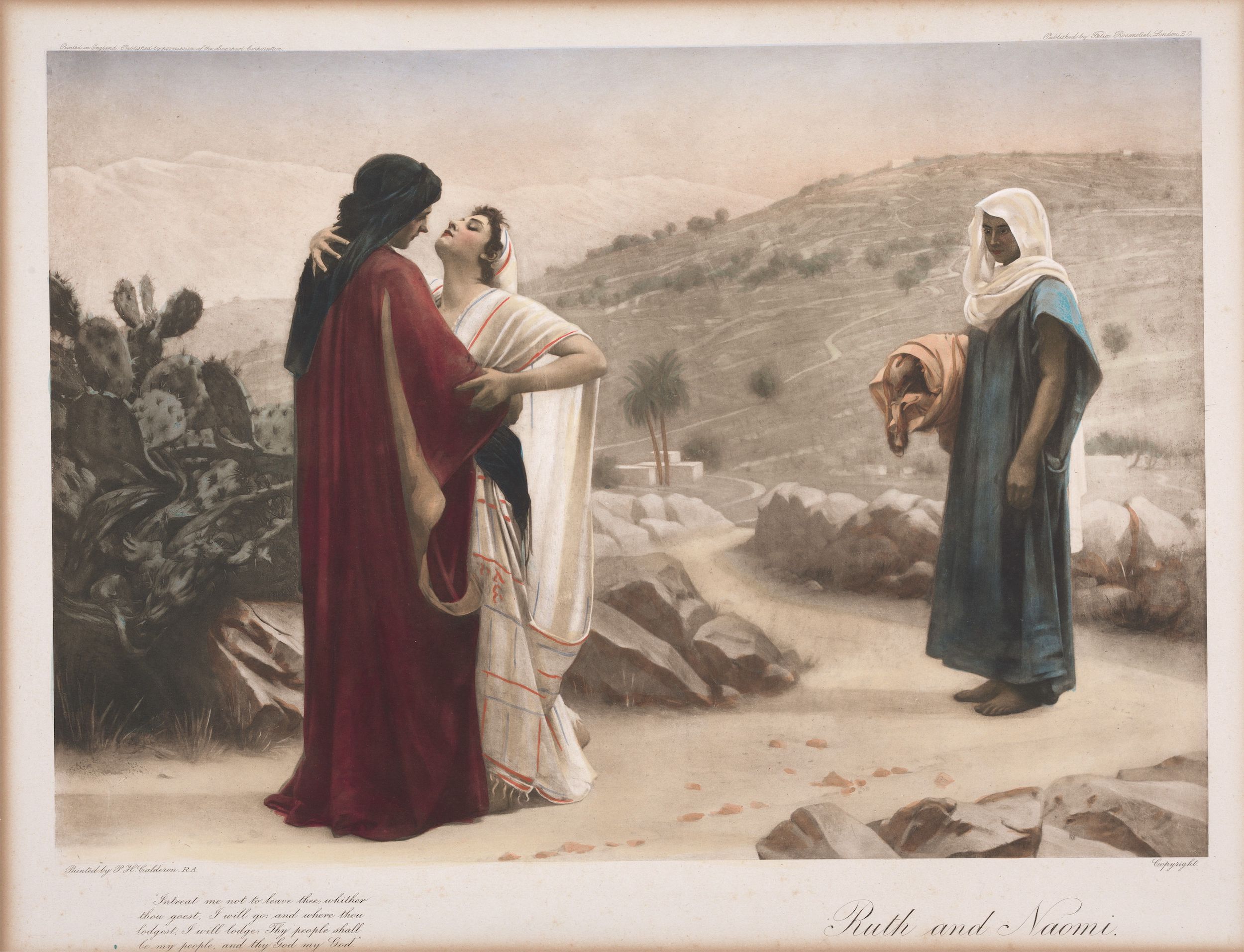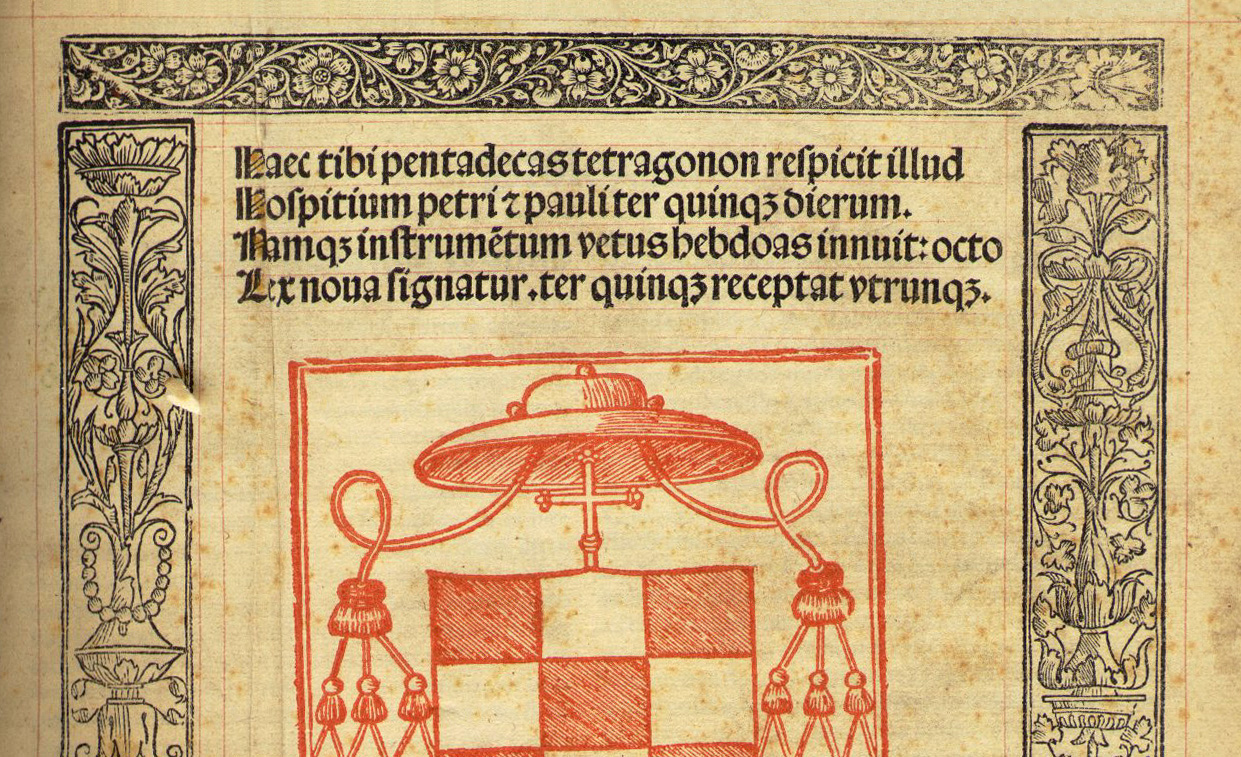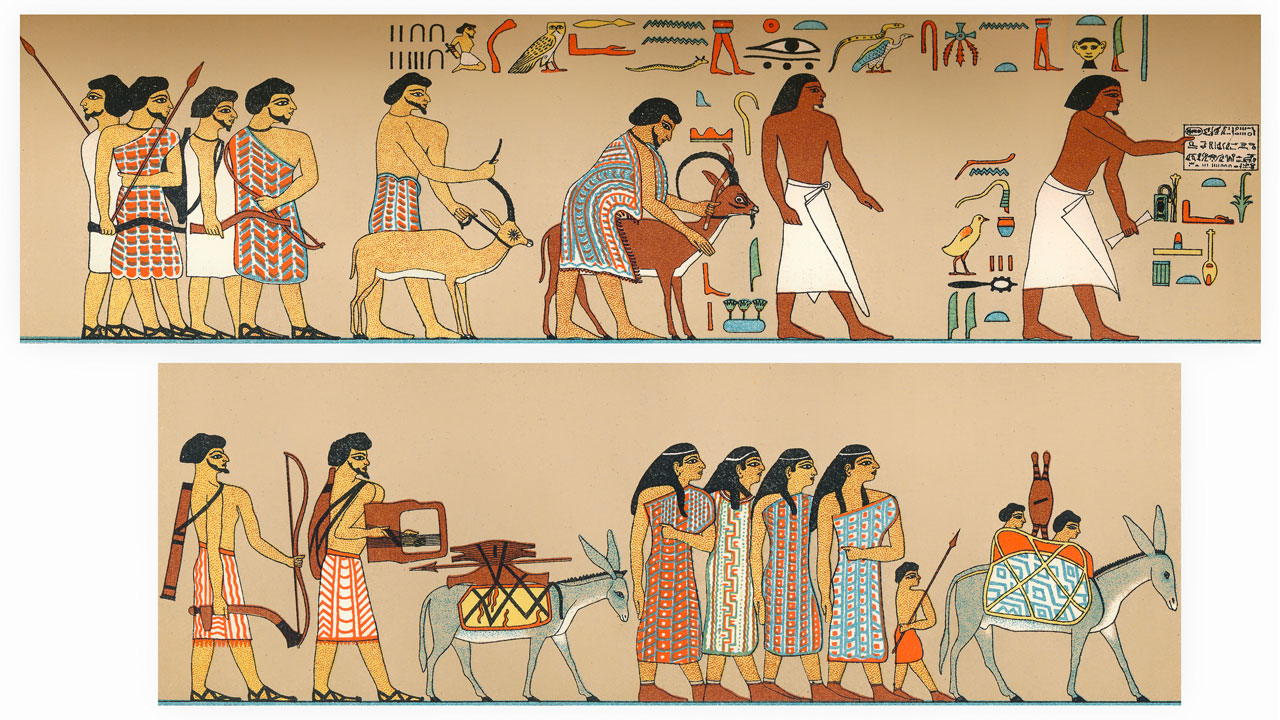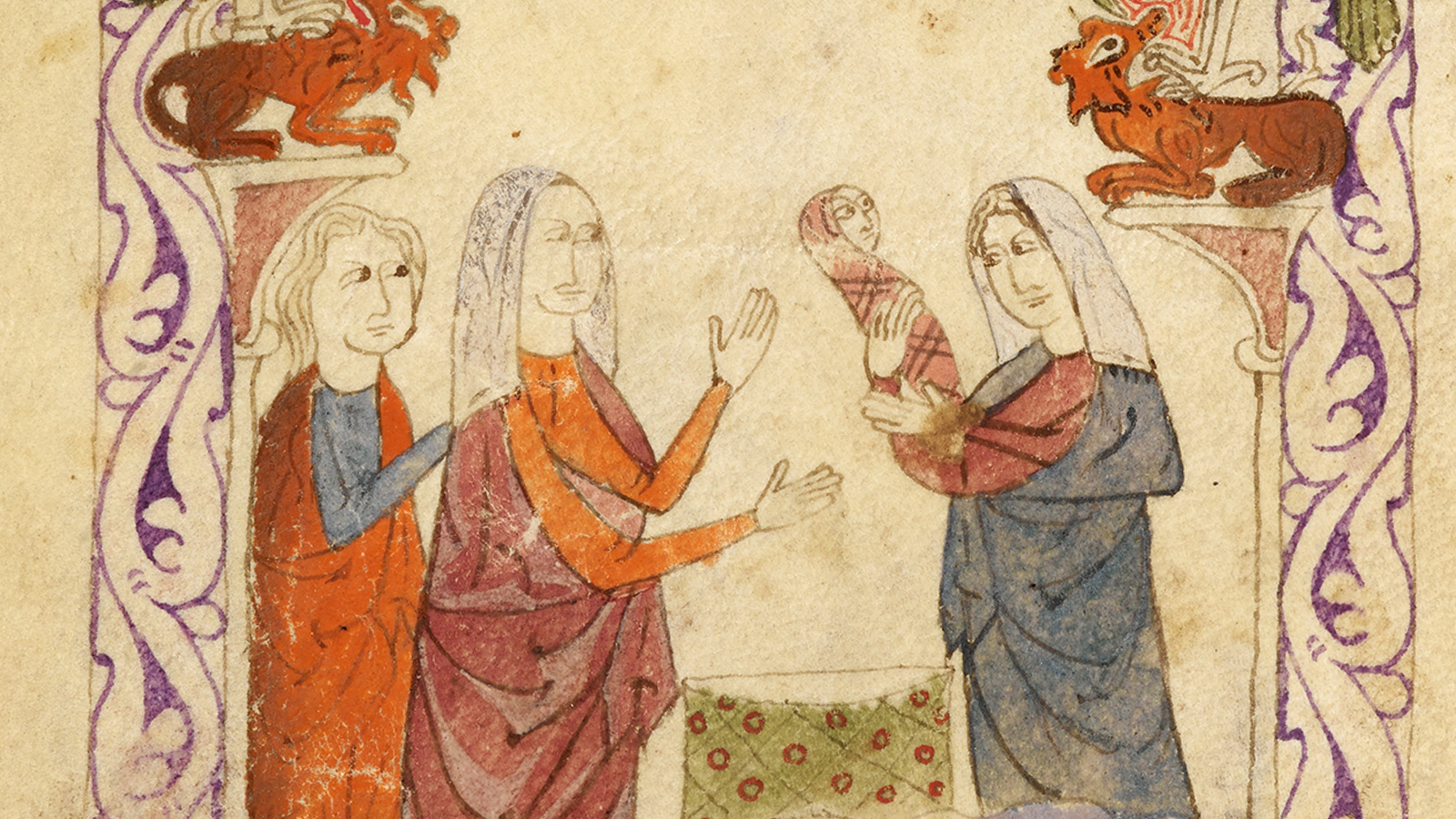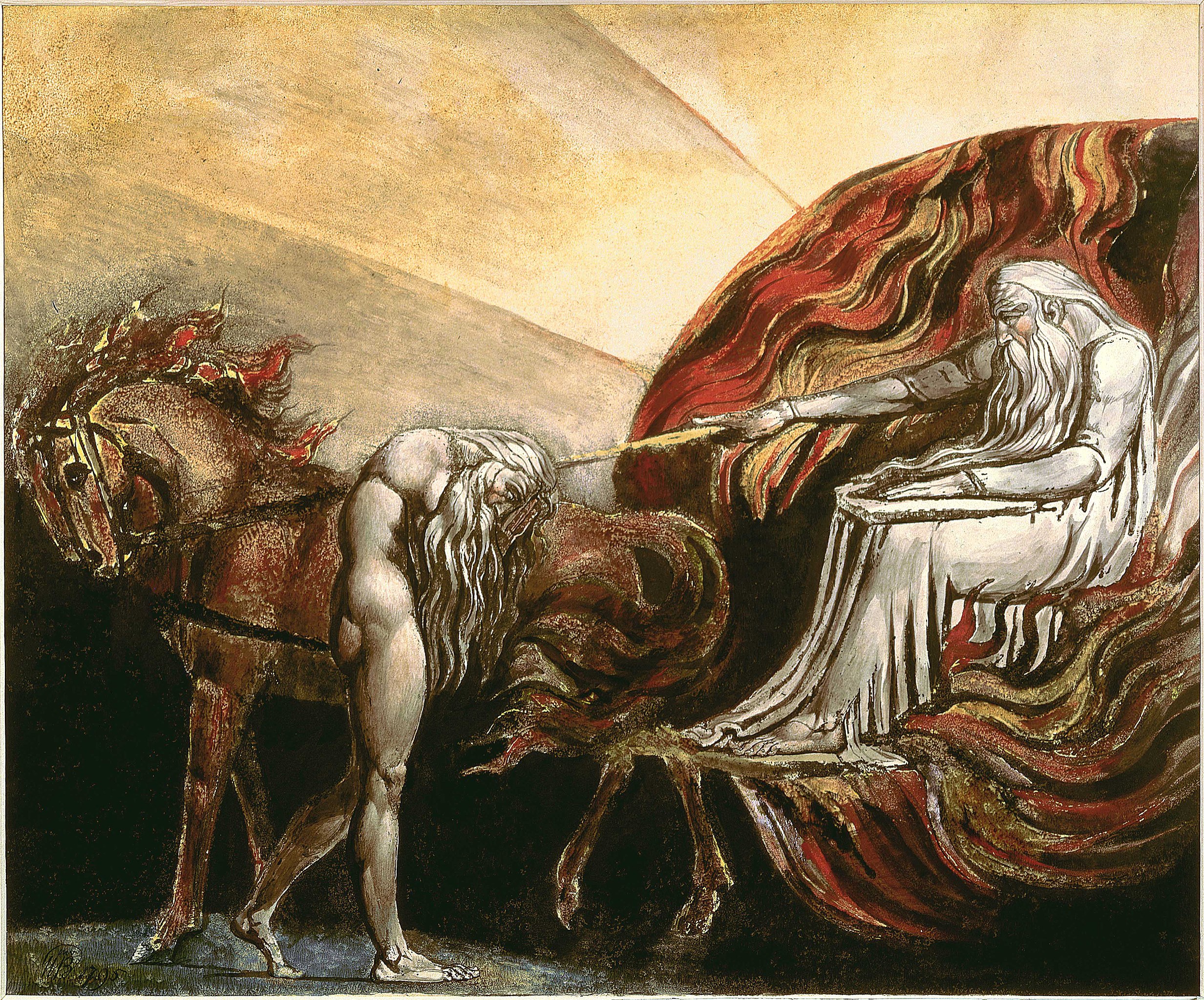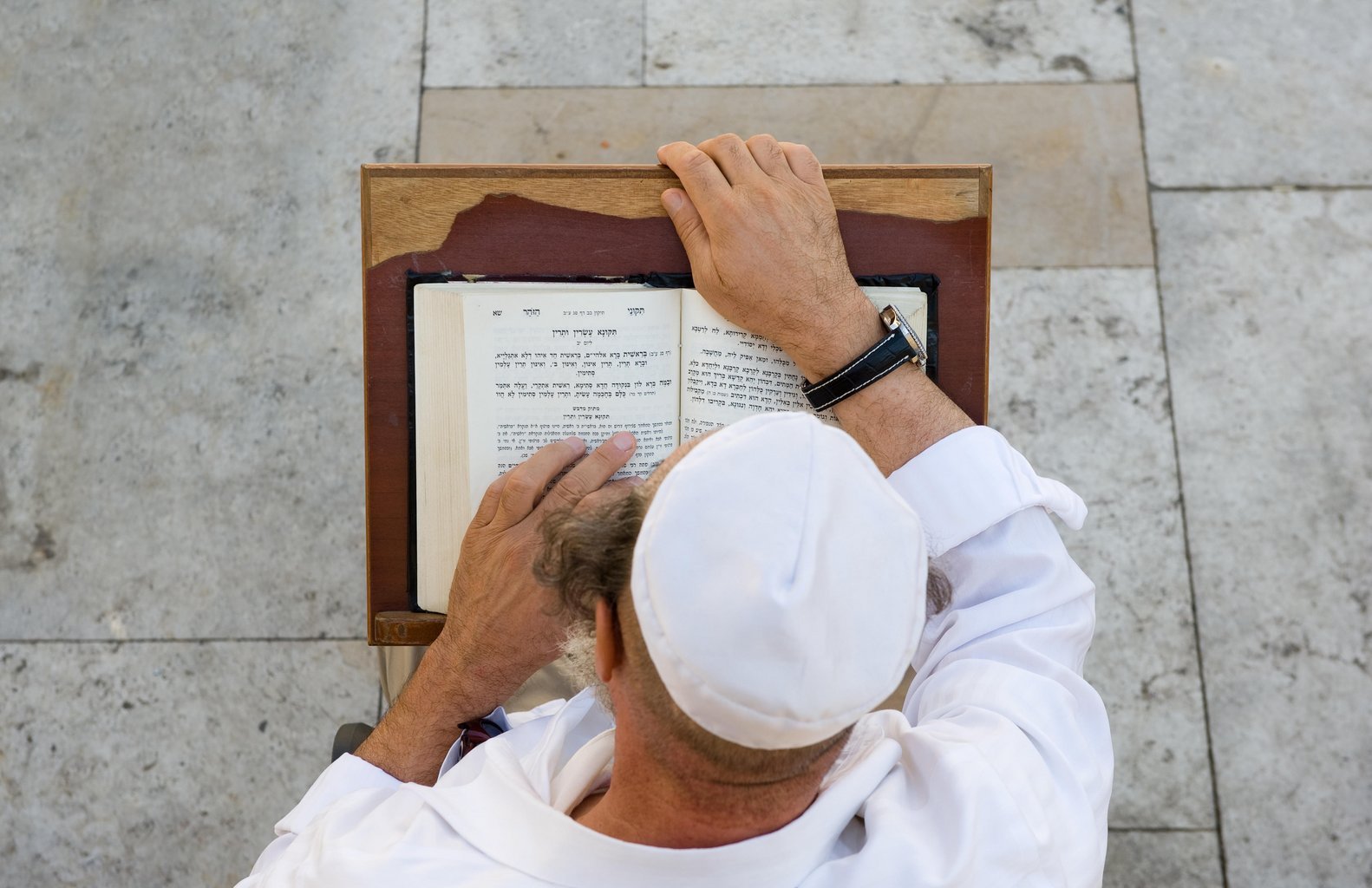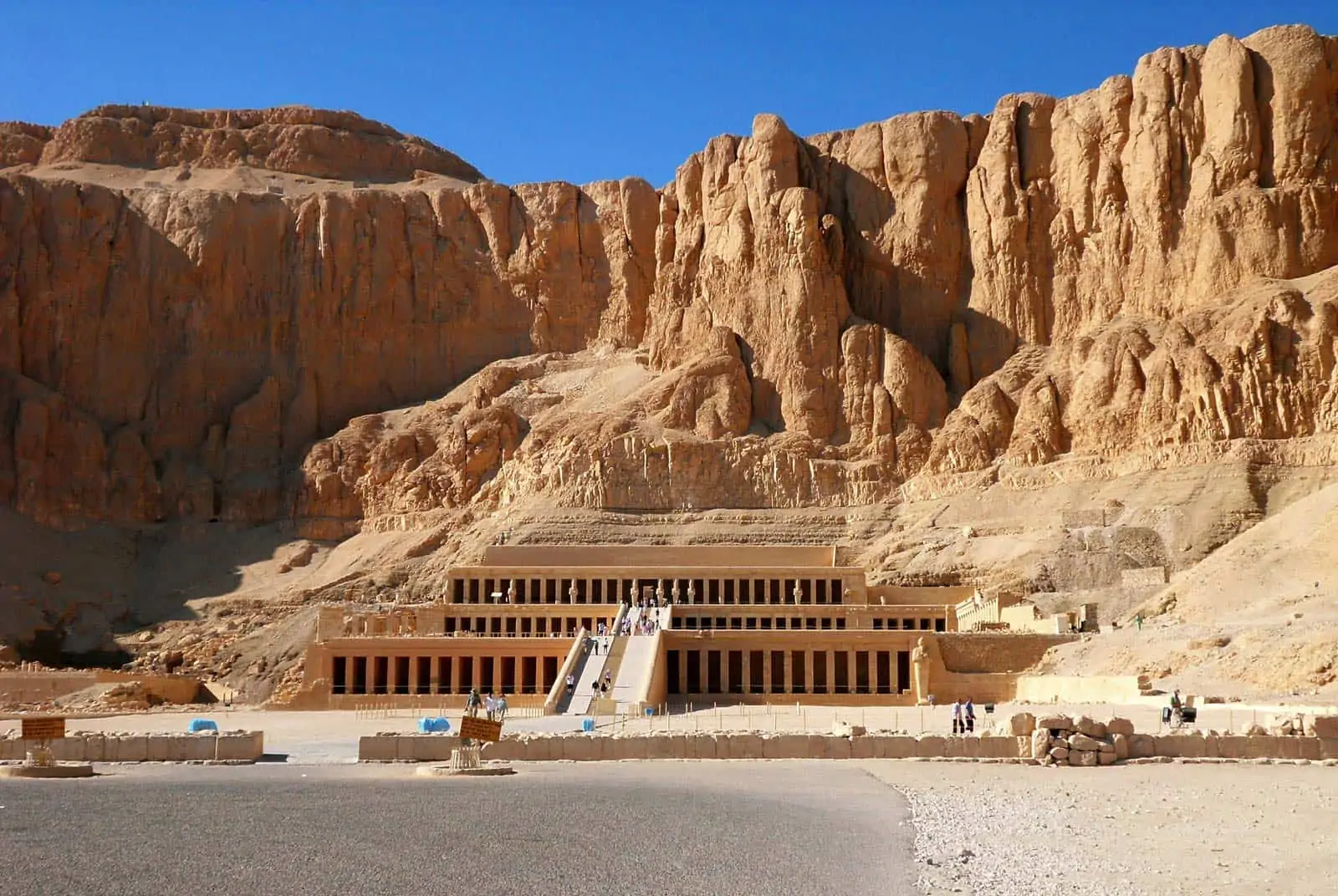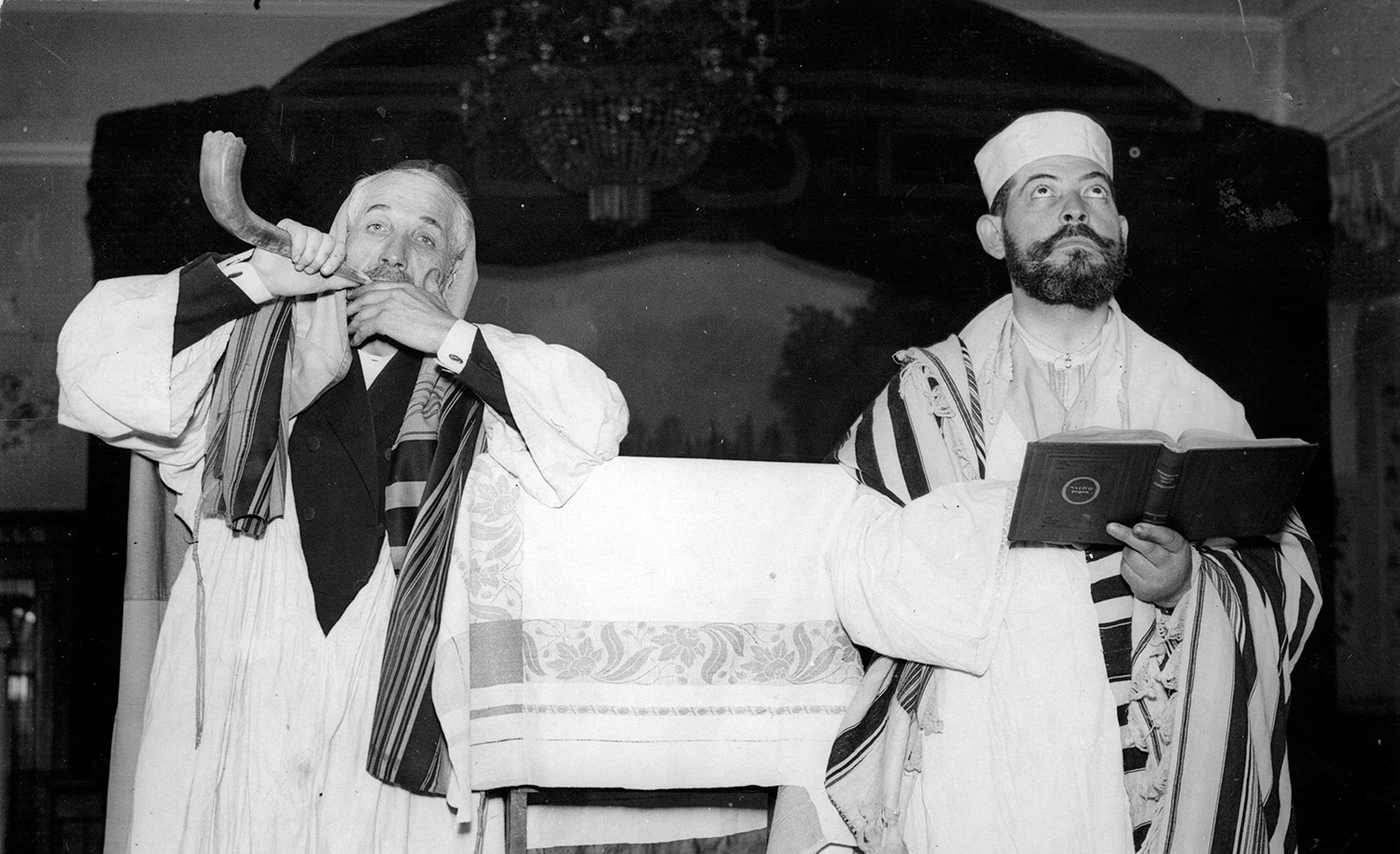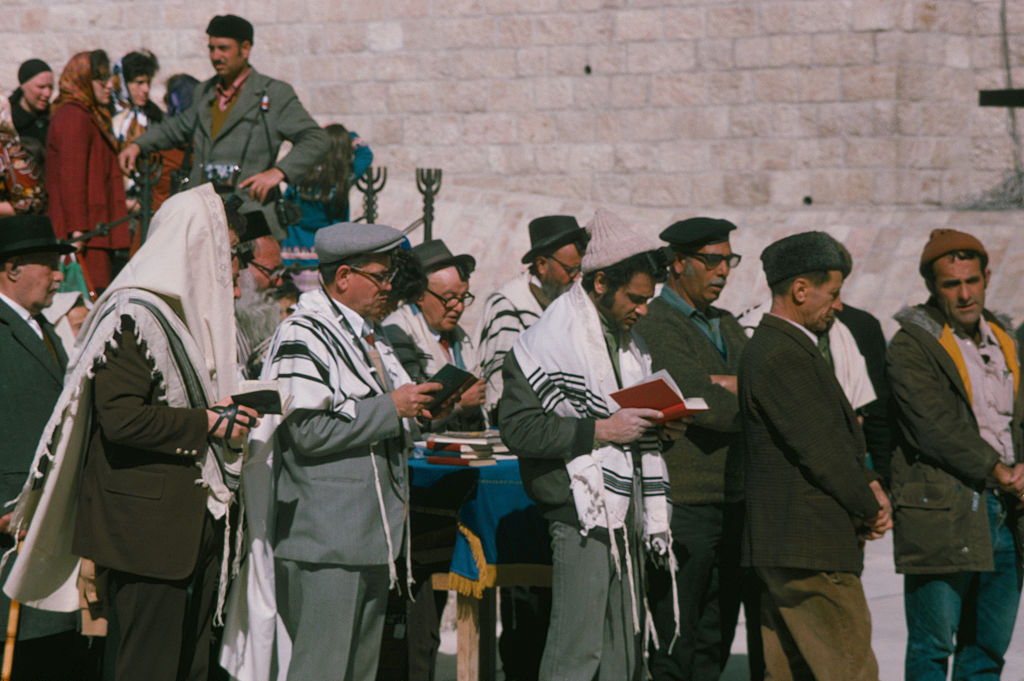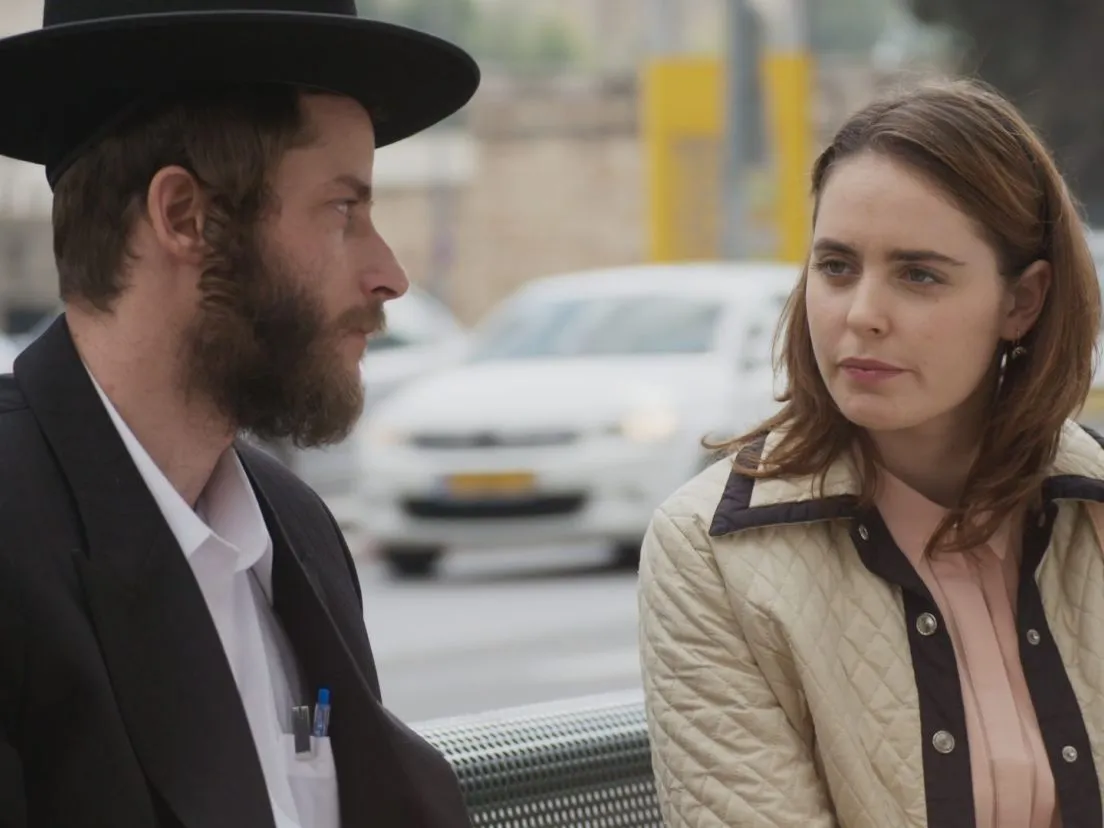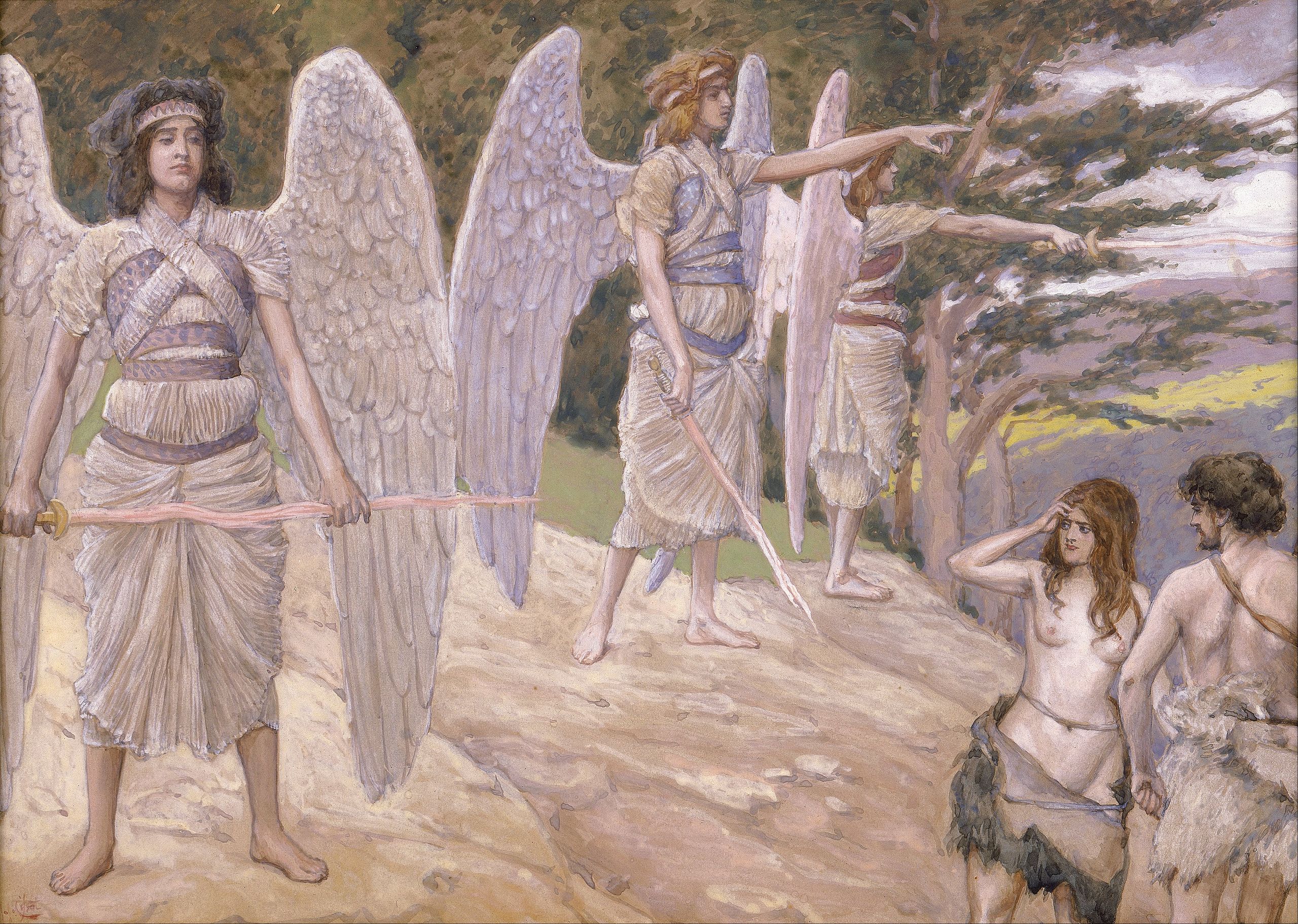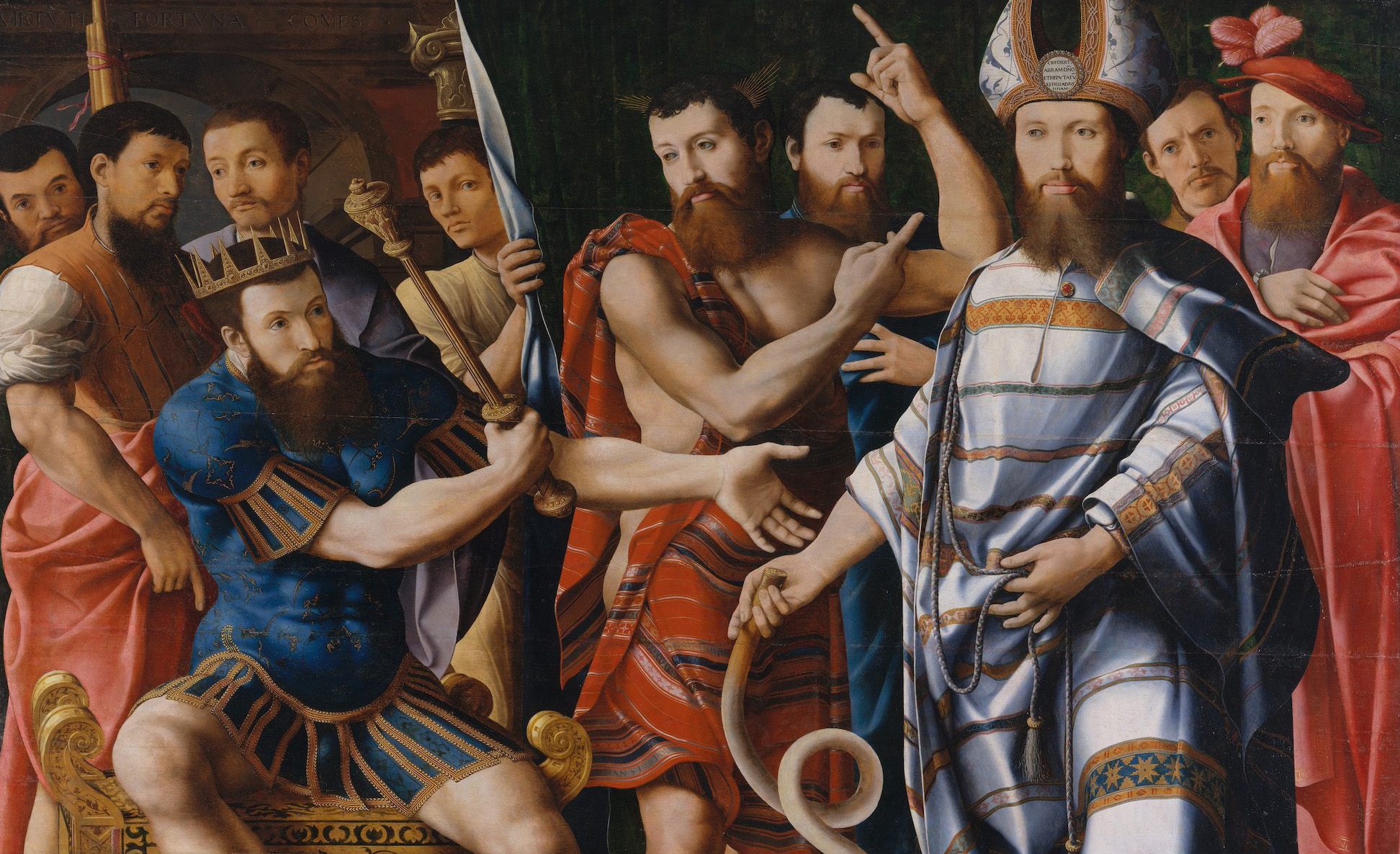Religion & Holidays
The author of a new commentary stops by to talk about one of the most disturbing days in Jewish history, and how its survivors and their descendants tried to understand it.
The eminent scholar talks about Ruth, and Reading Ruth, the 2021 book he co-authored with his granddaughter.
How many rabbis first translated the Hebrew Bible, and how many different translations did they produce?
And does their presence illuminate the book of Exodus—or is it simply a sign that ancient Egypt was a powerful nation?
A professor of Jewish studies joins us to talk about why the Hebrew Bible sometimes portrays God as a mother, and what that means.
The ancient rabbis believed there was linguistic proof that the first man spoke Hebrew with God. Why?
Sadducees, Pharisees, and the Messiah.
The academic and podcast host joins us to talk about why the words of prayer don’t work for him, and why nonetheless he’s prayed daily for 30 years.
A rabbi and Bible scholar joins us to talk about his trips to biblical Egypt, and about the role of Egypt in the Jewish imagination.
One renowned talmudic scholar called the now-beloved prayer a “foolish custom that is not to be followed.” What did he mean and how did it survive?
With the Days of Awe just on the horizon, we rebroadcast a fascinating conversation about the nature of the Jewish Orthodox community and the human capacity for change.
Everyone from Netflix to the Forward is fascinated by the ḥaredi matchmaking system because it rejects liberal norms. Here’s what they’re missing.
A major tenet of rabbinic Judaism is that the Bible is not to be taken literally. But of course that’s not the whole story.
The word, like a small number of other Egyptian loanwords in the Bible, testifies to a period in which the early Israelite nation, or a part of it, was in intimate contact with Egyptian life.
